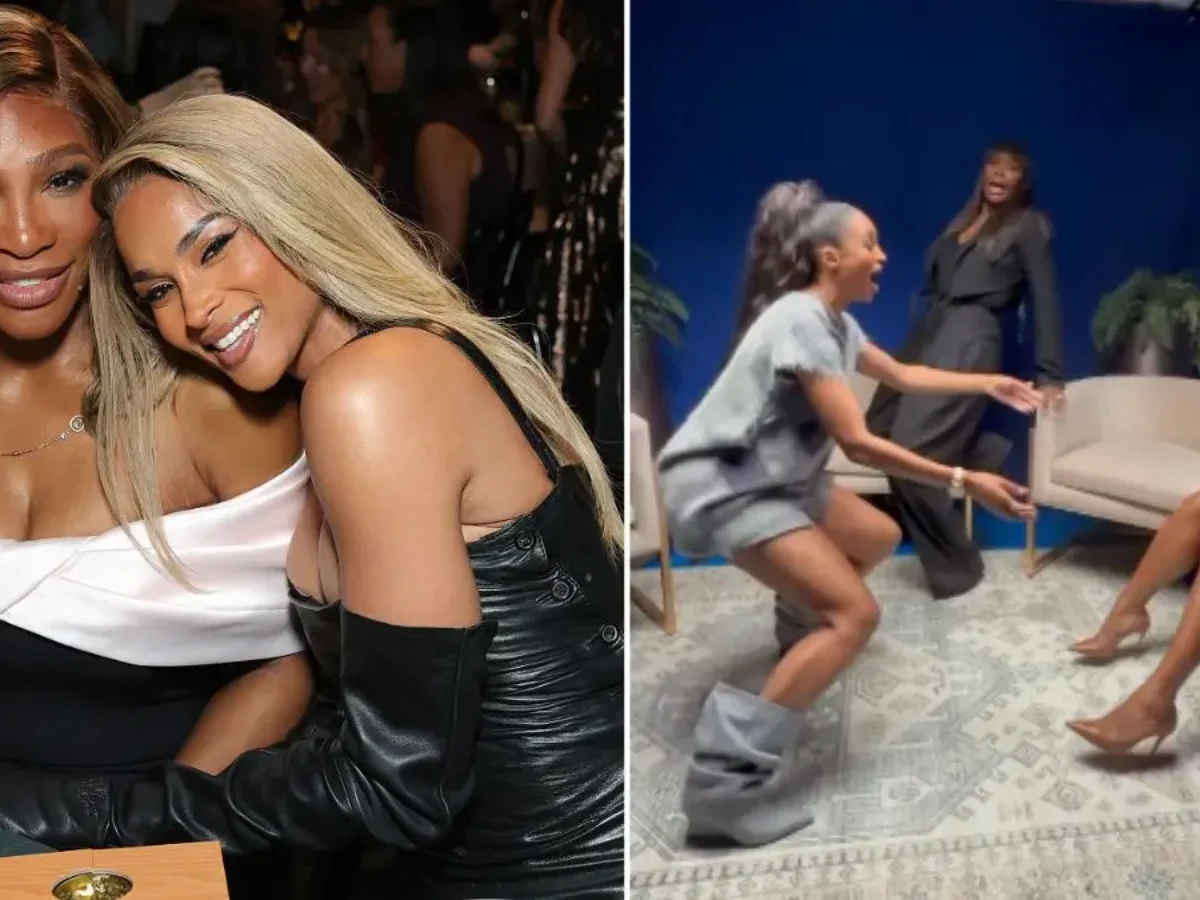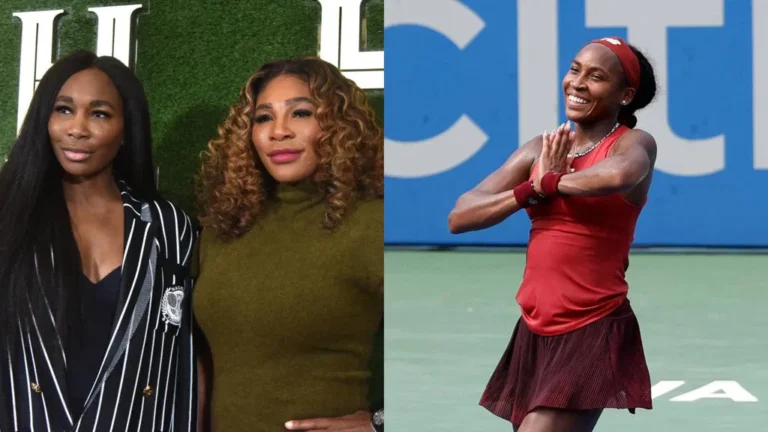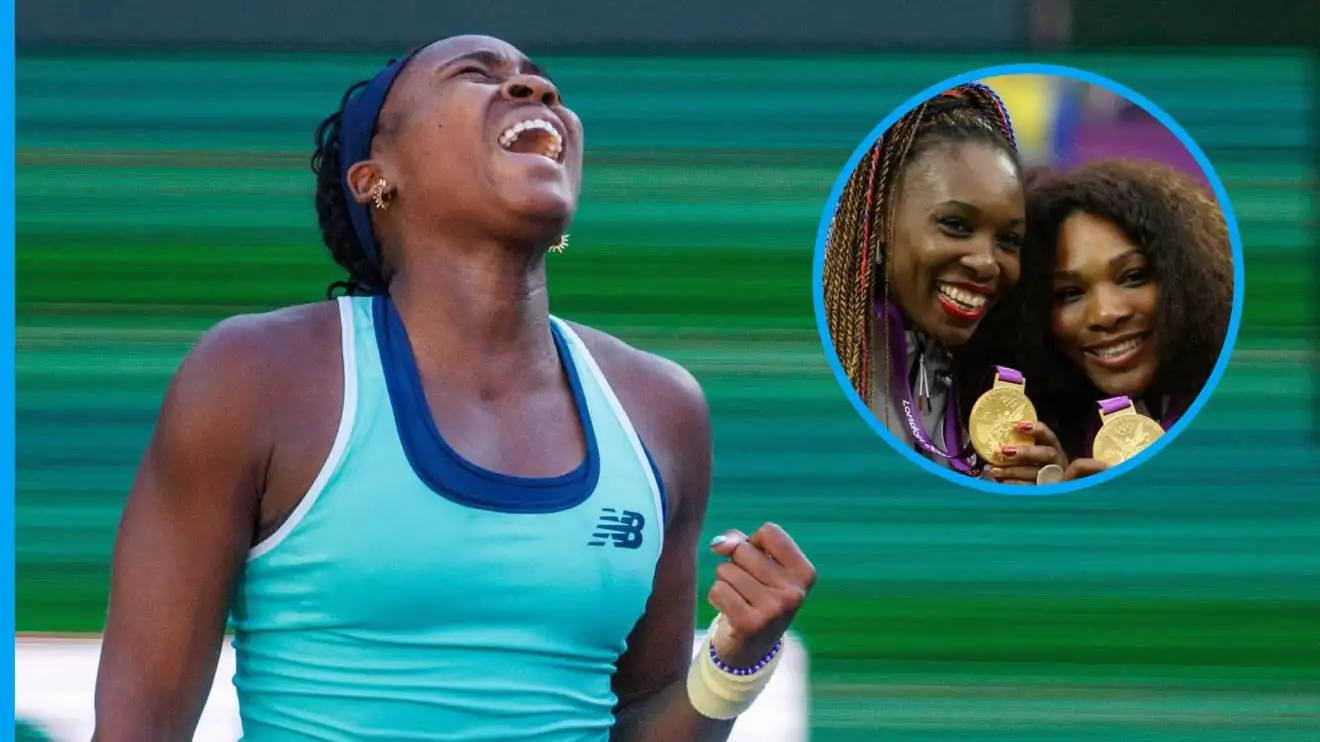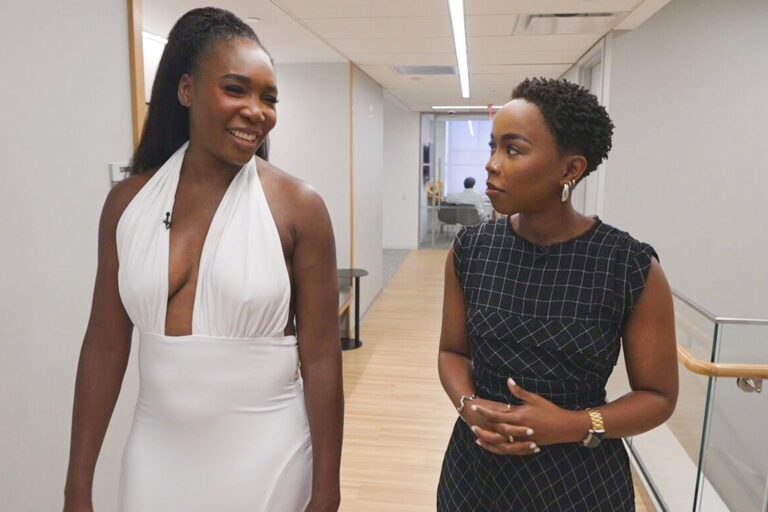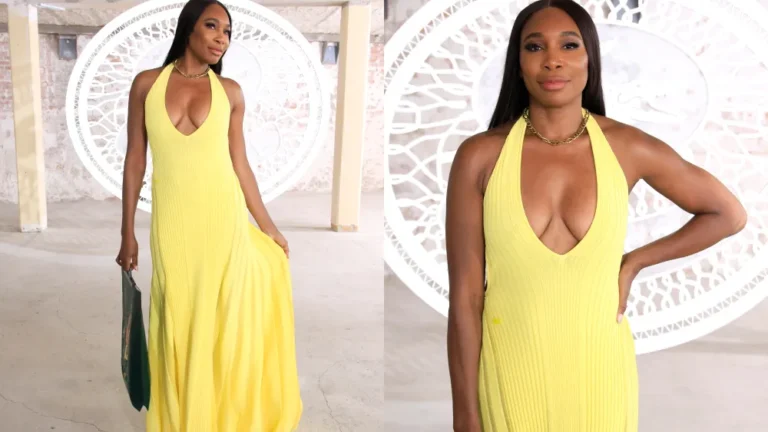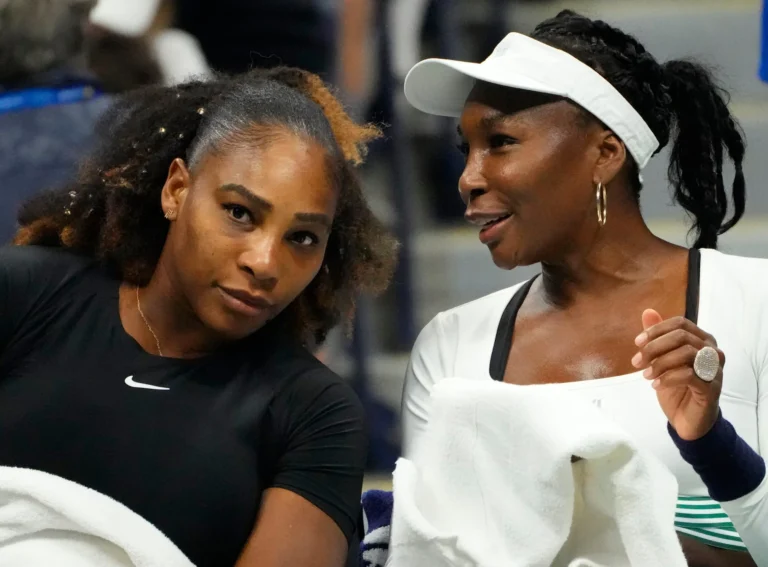When it comes to tennis, Venus Williams has been there, done it, and got the t-shirt.
The seven-time Grand Slam winner is one of the greatest players in the history of the game.
But even she was not aware of one particular Wimbledon rule and found out the hard way during a match at the prestigious Grand Slam.

Venus Williams, a five time champion on the hallowed grass at SW19, violated Wimbledon’s strict ‘all-white’ rule when she sported a hot pink bra during a win over Elise Mertens in the first round of the 2017 championships.
The vibrant bra straps, which were clearly on show, broke The All England Lawn Tennis Club’s (AELTC) rules that players must wear an entirely white outfit, including undergarments.
“Any undergarments that either are or can be visible during play (including due to perspiration) must also be completely white except for a single trim of colour no wider than one centimetre (10mm)”.
After a short rain delay, Venus reappeared from the locker room in a different bra and top.
She was later asked about the incident, commenting: “Yeah, so I don’t want to talk about undergarments. It’s kind of awkward for me. I’ll leave that to you. You can talk about it with your friends. I’m going to pass.”
If it makes Venus feel any better, she’s not the only Williams sister to fall foul of Wimbledon’s rigid rules.
23-time Grand Slam singles champion and little sister Serena flouted the rules in 2019 during a 6-2 6-2 win over Carla Saurez Navarro on Court 1.
It was a routine victory that served up a unique moment when Serena broke an unusual rule and forfeited a point.
In the seventh game of the first set, Williams leaned over the net to hit a volley and was immediately penalised by the umpire who awarded the point to Navarro.

“[My racquet] was definitely over but I thought that was OK?” Serena asked.
However, according to the ITF’s rule 24, a player loses a point if “the player hits the ball before it has passed the net” – which is why the umpire correctly gave the point to Navarro.
“I definitely didn’t realise it was a rule,” Williams admitted afterwards.
“But I absolutely did have my hand over, so she definitely made the right call. I feel like I may have done that before like in doubles.
“I’m glad [that it got called] because I don’t want to make that mistake in our ‘Murena’ [the nickname for her doubles partnership with Andy Murray] doubles match. I’m glad that happened here.”
“I don’t think about it. I guess it should be on your side of the court,” she went on when asked about her thoughts on the rule.
“I guess if it bounced on your side and flipped back over, then you can reach over. That’s what I was thinking of.
“But it didn’t bounce on my side and go back over, so yeah, I think it’s a good rule. It’s tennis. I should know the rules.”
The Williams sisters are undeniable trailblazers and fashion icons, with Serena in particular pushing the boundaries over the years.
She forced a French Open rule change with her all-black ‘superhero’outfit in 2018 and on several occasions skirted with breaking the outfit rules at Wimbledon.
Williams caused a stir in 2012 when she sported a purple headband during her first two rounds at Wimbledon.
All outfits are inspected prior to the tournament, and the referee has the final say on the fashion choice the day of the match. They obviously felt Serena’s bold headband didn’t break any rules.
She also wore a pair of hot pink tie-dye leggings during 2011 while taking a few serves on the practice court.
Fortunately for Williams, Wimbledon’s all-white dress code doesn’t apply to warm-ups, and she got away with it.
The often infuriatingly meticulous all-white rules have been the subject of debate for years, with Andre Agassi infamously boycotting Wimbledon for three years to avoid following them.
Roger Federer was also warned about the orange soles on his shoes but it’s a tradition that dates back years.
This year’s tournament will be played over 14 days from Monday 30 June-Sunday 13 July.
Carlos Alcaraz is the defending men’s champion after defeating Novak Djokovic in last year’s dramatic final, a rematch of 2023’s showpiece year which ended with the same result.
Barbora Krejčíková beat Jasmine Paolini in the 2024 women’s final.
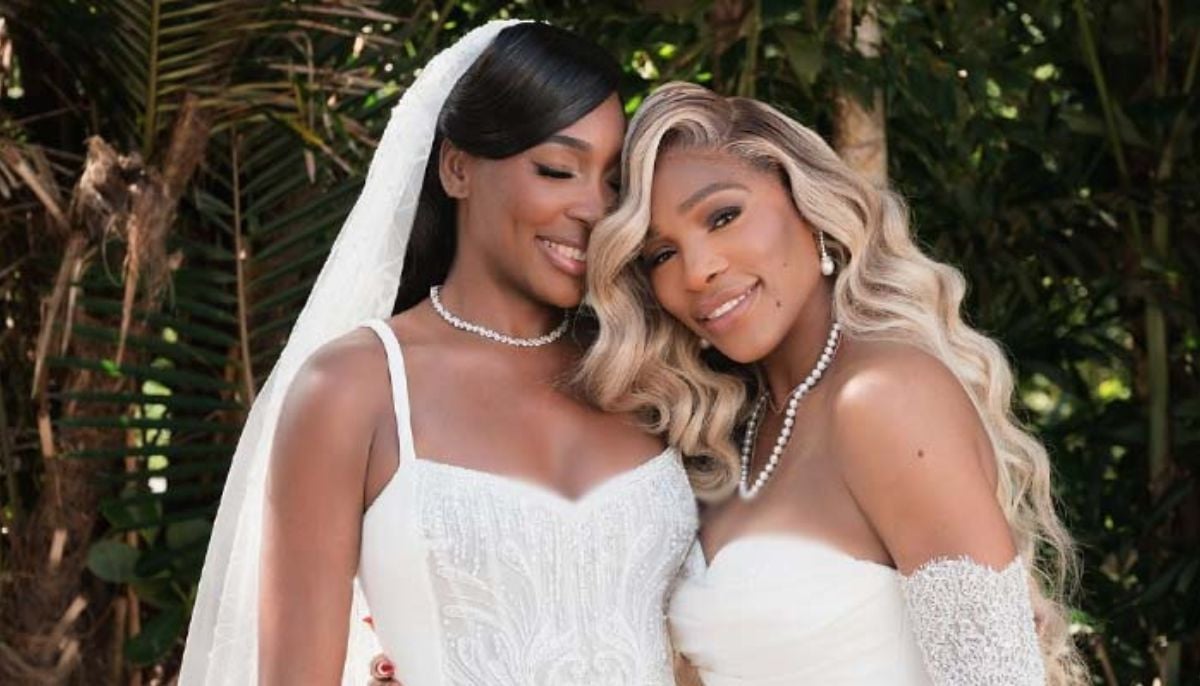


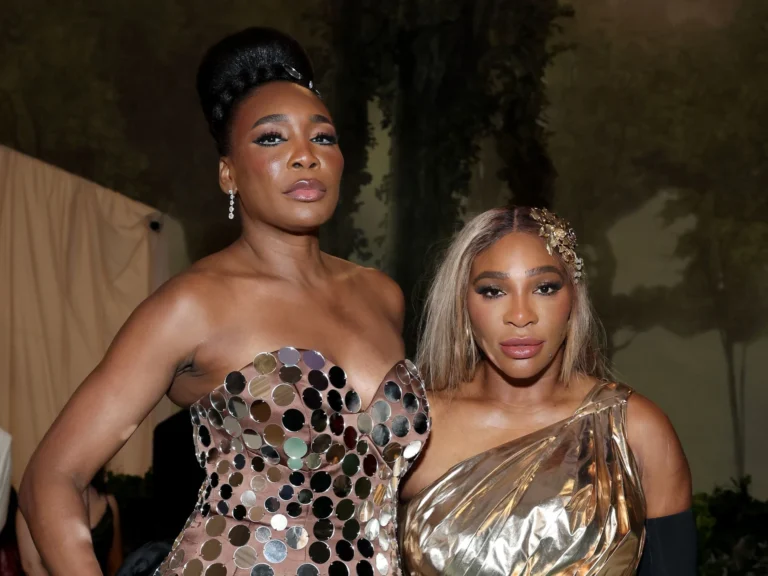

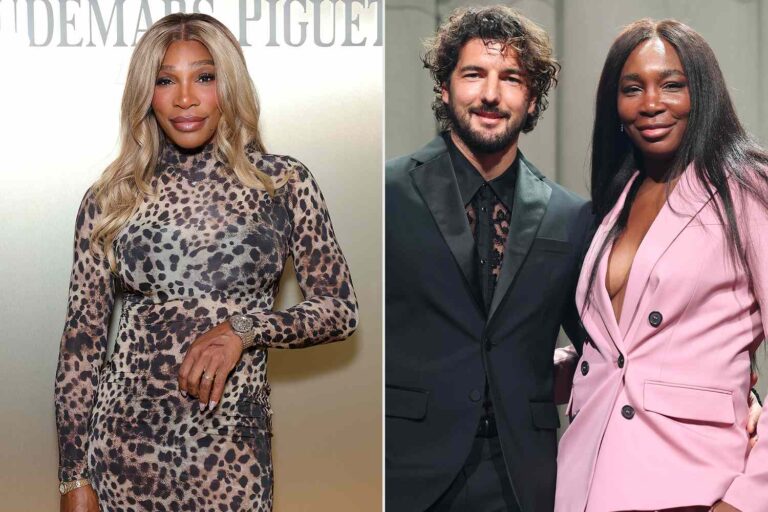
:max_bytes(150000):strip_icc():focal(749x0:751x2):format(webp)/Serena-Williams-Venus-Williams-Andrea-Preti-122325-11ff329ba41f4e94929f8e8bd546b264.jpg)
:max_bytes(150000):strip_icc():focal(771x303:773x305):format(webp)/serena-williams-venus-williams-122325-2-9a4d06df04834397b06015b1a0e5631d.jpg)
